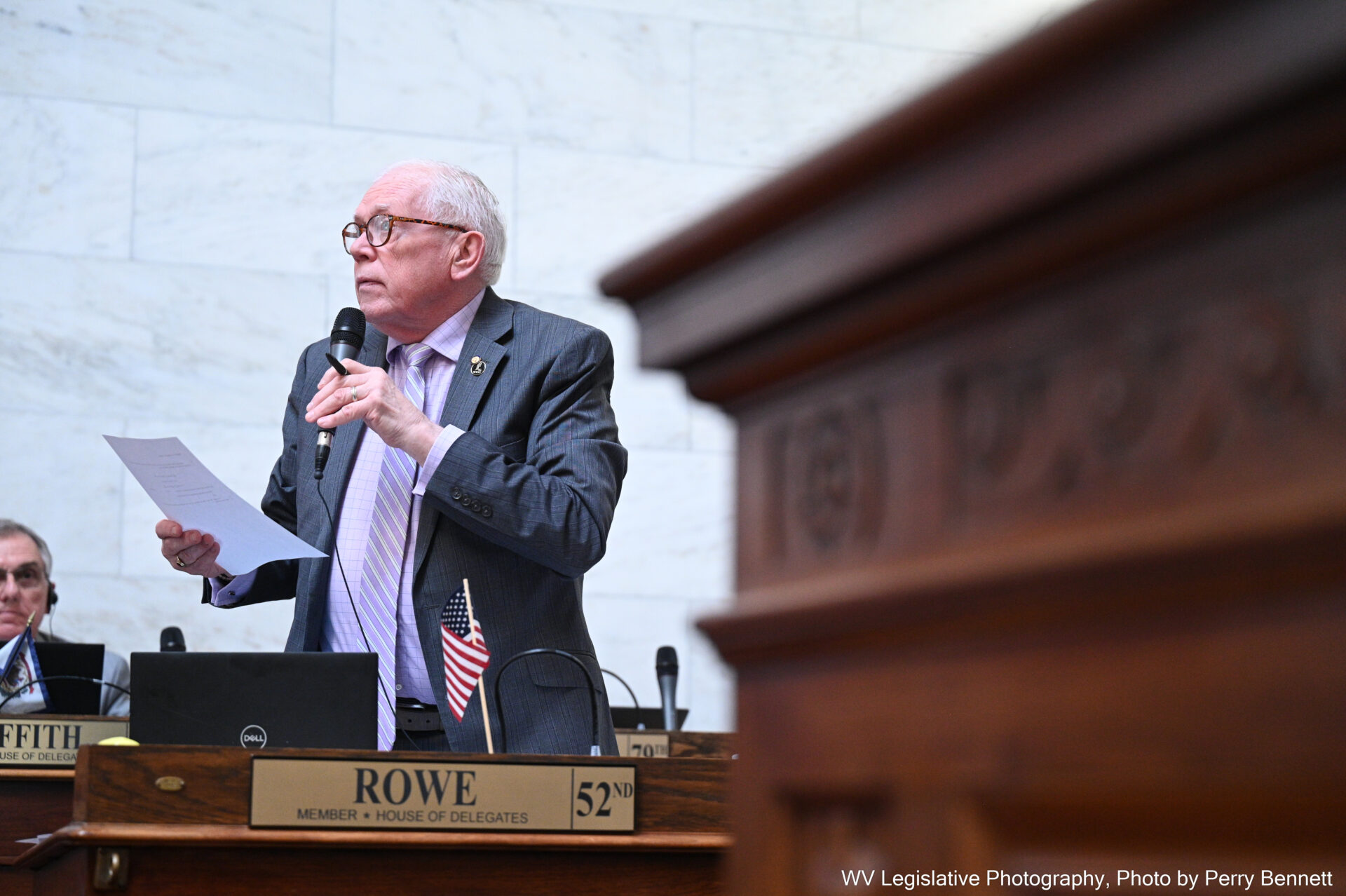In the House of Delegates Wednesday, several Senate bills on third reading were sent to the governor’s desk for his signature. Bills were completed on adult education, safeguarding health care worker’s personal information – and leadership and structural changes in West Virginia Public Broadcasting’s parent organization, the state Educational Broadcasting Authority.
Offering better educational opportunities to adults is key to Senate Bill 146, creating an adult education taskforce, empowered to fund and enhance already established adult learning centers around the state. The bill passed with a 94-2 vote.
For West Virginia hunters and anglers, Senate Bill 148 established an auto-renewal program for wildlife licenses. The BIll passed 96-0.
Senate Bill 477 updates state code on prohibiting public disclosure of personal information on the internet, specifically for health care workers and first responding health care workers.
Del. Adam Burkhammer, R-Lewis, supported a bill he said is protective and proactive.
“There has to be threats, there has to be crimes committed, there has to be an issue prior to being able to have your information removed,” Burkhammer said. “I think that’s what we’re looking at here is the opportunity and the ability for our healthcare workers on the front lines out here to proactively go and request their personal information, their mailing addresses where people could show up at their homes, which is a real threat that individuals in my community have called and asked for.
Senate Bill 477 passed 93-2.
Also on third reading, Senate Bill 844 redesignates the Educational Broadcasting Authority (EBA) as an Educational Broadcasting Commission . West Virginia Public Broadcasting is operated by the EBA.
The bill highlights duties of the newly created Cabinet Secretary of the Department of Arts, Culture and History.
It changes the now-governing body, the Educational Broadcasting Authority to the Educational Broadcasting Commission, and gives it only duties to act as an advisor and consultant.
Del. Larry Rowe, D-Kanawha, opposed a bill he feared would eliminate a policy making board and possibly turn news reporting into propaganda.
“All it takes is a phone call from the governor’s office, to the secretary, to have everything changed to pull news, subjects that aren’t pleasant, in the governor’s office,” Rowe said. “We’re setting up a structure where literally one phone call can completely change an agency. And that’s not something that we want. And certainly, whenever it’s news, and I hate to use the term, but it creates an opportunity for propaganda, rather than news. For slanting of information about economic development or, or any sort of possibilities in the programming of public broadcasting.
No one in the supermajority spoke for the bill, which passed 79-12 and goes to the governor’s desk.
